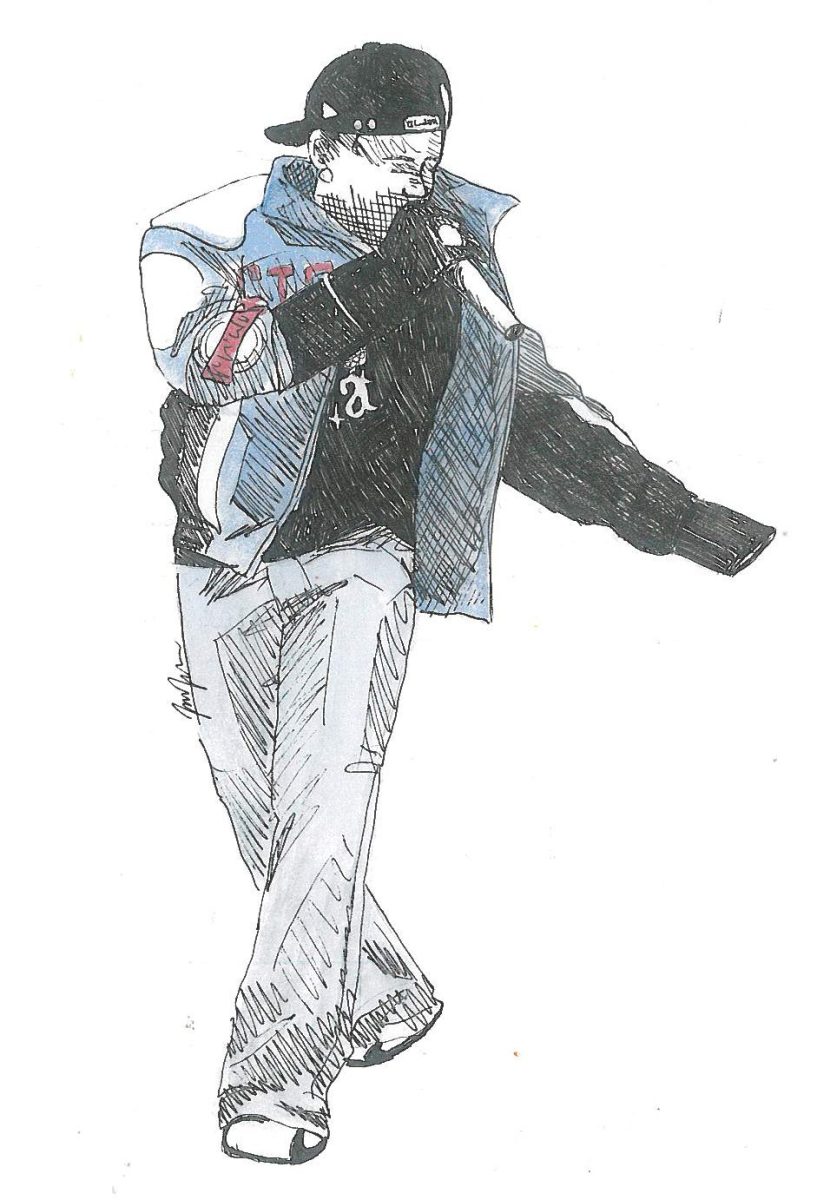Student senate is sending to the administration a statement calling on SPU to replace its Statement on Human Sexuality with a Statement of Affirmation for LGBTQ+ students.
Senate approved the statement during its Nov. 19 meeting after going into an executive session for their final discussion on the issue. Executive sessions are closed to the public; Falcon staff and other spectators had to leave the room during the discussion.
The proposal, written by Senator Joe Cagley, Levi Clum and Lila Fowler, argues that SPU’s Statement on Human Sexuality “ is damaging to the mental health of LGBTQ+ students and inconsistent with Christian values … and the proposed changes will better the experience and safety of LGBTQ+ students attending Seattle Pacific University.”
The next step is to collect signatures from both students and faculty in support of the petition before sending the proposal to the administration. Signing stations were set up on Nov. 20 at Gwinn and the Student Union Building.
Both the proposal and the signature petitions will be sent to senior leadership for them to vote on. If they vote to pass, it will then be sent to the Board of Trustees.
Senator Alonso Ramirez, who supported the proposal, said the university’s current statement on sexuality “singles out homosexual sexual behavior as different from heterosexual.”
Ramirez explained that “[we] are asking the school to recognize and protect students as equals, and expand who is protected by the nondiscrimination policy.”
When senate turned its attention to the proposal, Sara Assaad, senator for social and behavioral sciences, read a statement from an unidentified student denouncing both senate and The Falcon for how each organization handled the original discussion of the proposal during senate’s Nov. 5 meeting.
During that meeting, Cagley had referred to a student, who was not identified, as an example of why SPU needs to change its policies in regards to LGBTQ+ students. The Falcon included this account in its story about the Nov. 5 meeting with neither Cagley nor the story identifying the student.
“The story was not needed to get a point across,” Assaad read. “The [Falcon] story was powerful as it is without [Cagley’s] story. The proposal is not the issue here, it’s how it was addressed that is reprehensible.”

Assaad declined to supply The Falcon with a copy of the statement she read when asked after the meeting.
After Assaad finished reading the statement, Vice President of Finance Sarah Kirschner immediately moved to call an executive session, which is a time period where the governing body is allowed to execute a closed session by a majority vote. If passed, all non-voting members are asked to leave the room and the meeting becomes closed for a temporary period of time. Voting is not allowed to take place during an executive session.
The motion passed without debate; only one senator voted against it, with one other abstaining. However, faculty advisor Whitney Broetje and the Constitutional Advisory Board Chief Justice Talbot Miller, who are non-voting members, stayed during the session.
An explanation was not offered for why senate went into the executive session, which lasted around 40 minutes. After senate, Executive Vice President Kaitlyn Payton said that highlights of the executive session would appear in the official minutes, which are typically approved the next week.
“I’m ashamed of the senate’s decision to enact an executive session and remove Falcon reporters,” Cagley said in an interview. “What’s the point of being a representative body if we can’t be transparent with students?”

Andrea Diaz, a student attendee, was one of the people asked to leave during the executive session.
Diaz objected to the executive session, saying, “I do not believe that it is fair for senate to have closed the session off to the public, because as people that have decided they want to be in campus leadership positions … I believe that if you want to be in a leadership position you are representing your community, not just yourself.”
Diaz explained that, as a member of Catalyst leadership, she understands the role of leaders and understands it as one that requires transparency.
She said she had chosen to attend because she is a “queer woman of color, and there is not a lot of representation on campus I feel like. So I feel that showing up for things is really important, because there is no one better to speak for issues that affect you than yourself.”
Attendees also had strong opinions about the statement, which is why they say they decided to attend.
“I feel really strongly about this statement because I am not straight and it’s just something that I wanted to see changed and it feels important for me to be involved in any way or any capacity in that process… “ student Erin Logan said. “My concern is that they were not clear about what the exec session [is] … what the boundaries are.”
The closed session was called to an end, at which time guests were allowed back into the senate meeting and the vote on the proposal took place.
The proposal passed with 20 in favor, 3 against and 2 abstentions.
In other business, senate discussed President Nathan Samayo’s proposal to bring Tim Wise to SPU in 2019.
The request for $1,500 was tabled until the next meeting after discussion of ticketing and where the speech would take place.




















































































Jennifer • Nov 27, 2018 at 11:05 am
Really bad theology, really bad for SPU to indulge this as school policy AND they both misgender God and refused to use HIS preferred pronouns on page 9 of their statement. Which, according to them, is a violent act.